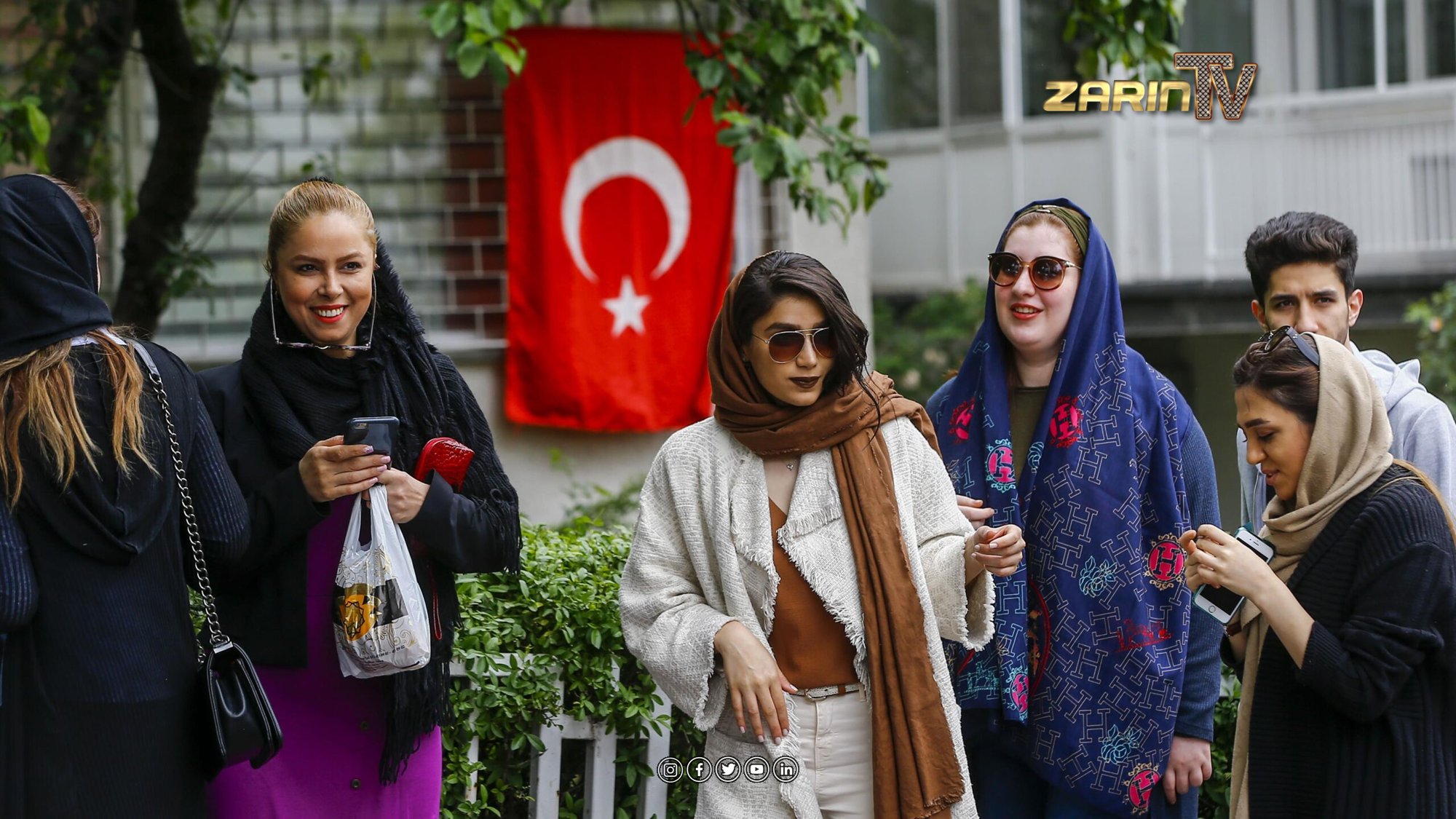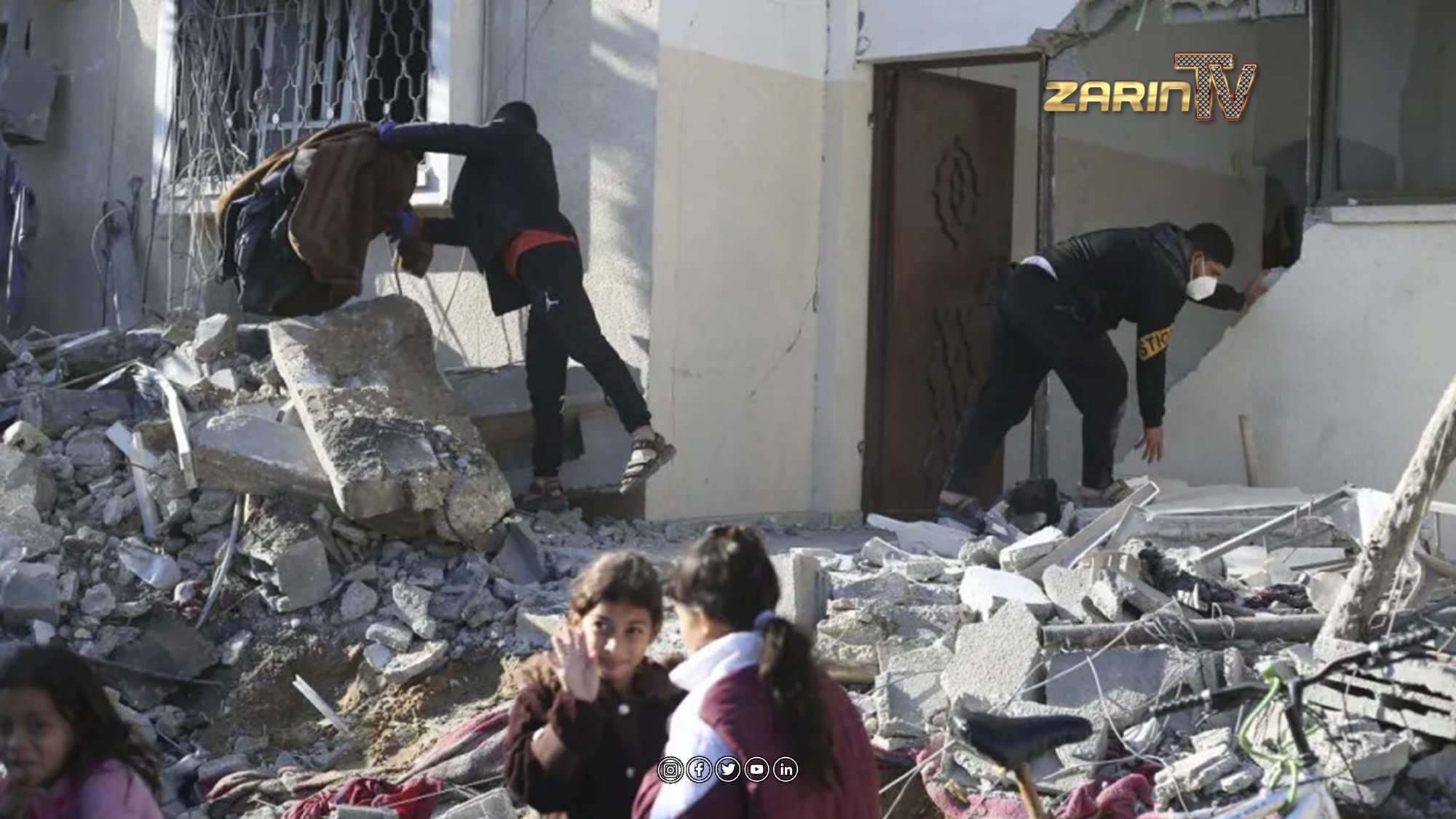On the eve of International Literacy Day, the United Nations Educational, Scientific and Cultural Organization (UNESCO) has warned that approximately 250 million children worldwide are deprived of their right to education. This alarming statistic includes children aged 6 to 18 who, for various reasons, have been left without access to education.
UNESCO emphasizes that literacy is a fundamental right for all individuals. According to the organization’s report, in 2022, at least one in every seven adults aged 15 and above lacked basic reading and writing skills. This statistic highlights the global challenge in the field of literacy.
While the world strives to improve literacy rates, Afghanistan faces serious challenges in this area. Since the Taliban group came to power in 2021, girls above the sixth grade have been deprived of their right to education. This ban, which has persisted for over three years, not only denies Afghan girls their basic right to education but also jeopardizes the country’s future.
Despite initial promises to respect women’s rights, the Taliban group continues to restrict girls’ access to education. This action has faced widespread international criticism and raised serious concerns about the future of Afghanistan’s young generation.
Comparing the state of girls’ education in Afghanistan before and after the Taliban’s return to power paints a concerning picture of regression in women’s and girls’ educational rights in the country.
Prior to 2021, despite existing challenges, significant progress had been made in girls’ education. According to UNICEF, millions of girls were attending school, and women’s rights were enshrined in the 2003 constitution In 2009, Afghanistan adopted the Elimination of Violence Against Women law, demonstrating the then-government’s commitment to improving women’s status.
However, serious challenges persisted. Before the Taliban takeover, about 3.7 million Afghan children were out of school, 60% of whom were girls. Only 37% of teenage girls were able to read and write, compared to 66% of boys
The situation drastically worsened after the Taliban came to power in August 2021. Despite initial promises, since September 2021, the Taliban group has indefinitely postponed access to formal education for girls over 12. This decision has left 1.1 million girls and young women without access to education.
Currently, 80% of school-aged Afghan girls and young women – 2.5 million people – are out of school. This situation has made Afghanistan the only country in the world systematically restricting girls’ and women’s access to education.
This dramatic regression not only violates the fundamental rights of Afghan girls but also jeopardizes the country’s future. The international community and human rights organizations continue to call for the immediate return of girls to schools, but to date, the Taliban group has resisted these demands.
As UNESCO and other international organizations work to promote literacy worldwide, the situation in Afghanistan serves as a reminder of the importance of combating political and cultural barriers to achieving education for all.
#GirlsRightToEducation #Afghanistan #Taliban #UNESCO #HumanRights #InternationalLiteracyDay #UNESCO #RightToEducation #Afghanistan #GirlsEducation #Taliban





